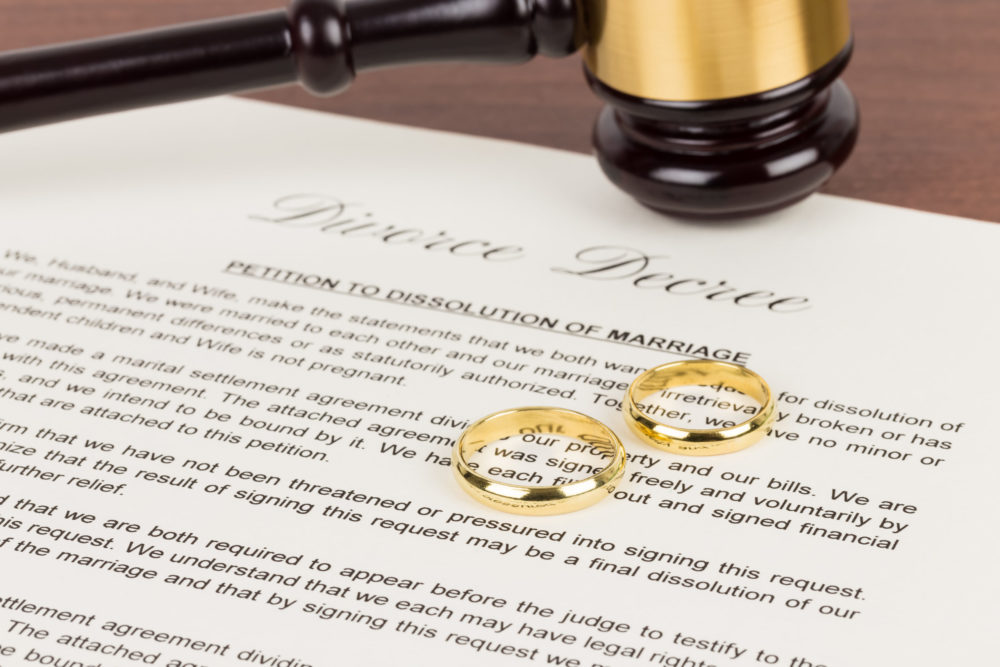
Privacy has a different meaning now than it did before the dawn of social media. Our personal lives are becoming increasingly available to the public. But divorce is an intensely personal process, not meant for public scrutiny. It is between you, your spouse and, in certain circumstances, your family. Even in our day and age, divorce has been stigmatized and its participants have been written off as “failures.” That is an unfair summation, which is why you would like to protect your privacy in your New Jersey divorce. For more information on how you might accomplish that goal, please continue reading, then contact one of our experienced divorce attorneys in Monmouth and Middlesex County today.
What steps can you take to protect your privacy during a divorce in New Jersey?
After two lives merge together in marriage, making a clean break can become complicated, especially in the digital age. Below are some concrete steps you can take to protect your privacy during a divorce:
- Avoid social media: This might sound obvious, but social media platforms are becoming a standard resource for divorce attorneys to build a case argument for custody, alimony, division of assets and more. Avoid social media altogether, if possible. If you must maintain your social media accounts, update the security settings to block or unfriend hostile contacts.
- Consider mediation or collaborative divorce: Mediation and collaborative divorce keep couples out of the courtroom, which means the details of your case and personal financial information will not be submitted into the official court record.
- Request court-sealed records: Your attorney can file a request with the judge to fully or partially seal your case file. While the court does not always grant the request, the court may agree to keep private any details that may hurt your career or work against the best interests of the children.
- Do not cite grounds: Citing fault grounds, i.e. adultery, domestic abuse or other wrongdoing, will not alter the outcome of the divorce, only how the public perceives it. Additionally, citing fault grounds may prolong the process and, thus. garner wider attention. If possible, you should cite no-fault grounds like irreconcilable differences instead.
- Use your prenuptial agreement: Before you and your spouse got married, you signed a legally binding document that dictated how marital property would be distributed in the event of a divorce. Aside from informing each spouse of their position, it might also include privacy clauses to ensure neither spouse speaks publicly about the marriage or the divorce.
Our skilled Monmouth County divorce attorneys can help with the fine details, so please give us a call today.
CONTACT OUR EXPERIENCED NEW JERSEY FIRM
If you require strong legal representation for matters of divorce and family law in Rumson, Monmouth County, or anywhere in New Jersey, contact The Law Offices of Paone, Zaleski & Murphy to schedule a consultation with one of our experienced attorneys today.

